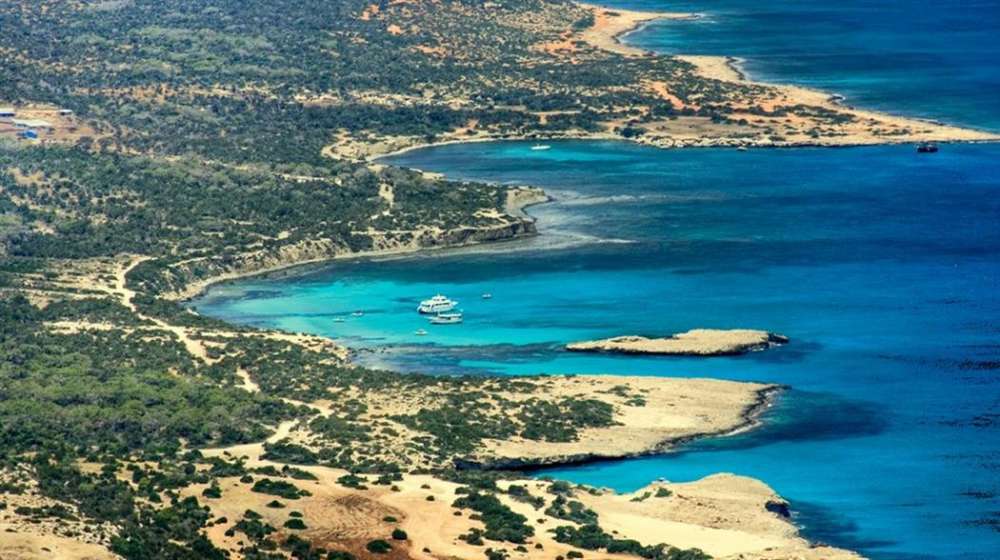Despite some progress, Cyprus must do more to protect the environment, particularly as regards Nature 2000 zones and offshore marine areas and tackling illegal bird trapping, the European Commission says.
In its annual Environmental Implementation Review, the European Commission said that on nature protection, insufficiencies remain on the designation of the terrestrial part of the Natura 2000 network.
Moreover, there are significant insufficiencies at sea, especially in the offshore marine areas.
The effective protection of Natura 2000 areas — especially coastal zone — from incompatible activities or developments that fragment or degrade them, remains a concern.
Management plans for these areas must be completed and properly implemented and all necessary environmental assessments carried out correctly before potentially damaging plans or projects can be approved. The necessary mitigation measures should be properly applied.
Some progress has been made on the illegal trapping of birds thanks to increased enforcement and stricter fines for mist-netting in legislation. However, the trapping numbers are still unacceptably high.
There has been some progress on waste management, as the strategic framework for waste is now in place and the national waste management plans for all waste streams have been adopted. Proper rehabilitation needs to be ensured after each closure.
New economic instruments have been set out in the national waste management plan, but there is a significant delay in their adoption and implementation. Cyprus needs to make significant efforts to establish an adequate network of facilities that would effectively manage all of its waste in line with the waste hierarchy if it is to reach the 2020 targets and even higher recycling targets.
According to the Commission’s 2018 ‘early warning report’, Cyprus is at risk of not meeting the 2020 municipal waste recycling target of 50 %.
On water management, Cyprus has made some progress, notably by adopting its second river basin management plan (RBMP) and putting in place a new water pricing policy that covers some water services.
However, significant gaps remain in monitoring programmes. It also remains to be seen if the new legal framework on water pricing provides adequate incentives for users to use water efficiently, as adequate metering and volumetric charging of abstractions are limited.
The report highlighted the following examples of good practice:
* According to the European Environment Agency report on European bathing water quality, in 2017, 97.3 % of Cyprus’ 113 bathing waters were of excellent quality and none were of poor quality.
* Cyprus has used LIFE funds effectively to establish its Natura 2000 network which now covers 28.8 % of the land area (EU average 18.1 %) and to implement conservation measures at specific sites.
* Cyprus’ revenue from environment-related taxes is above the EU average. Consumption and environmental tax revenues are high, making Cyprus’ tax structure relatively growth and environment friendly. There are several examples of sound fiscal measures on environment, such as the domestic and irrigation water pricing policy, supported by environmental NGOs and academia. Considerable progress has been made on reducing the ‘diesel differential’ (difference in the price of diesel versus petrol) since 2005.
* On environmental information, the first-rate air quality portal can be an example for other environmental areas.
* On the Timber Regulation, between March 2015 and February 2017, Cyprus performed more checks on operators for both domestic and imported timber than was originally planned and carried out the most checks of any Member State during this period.






